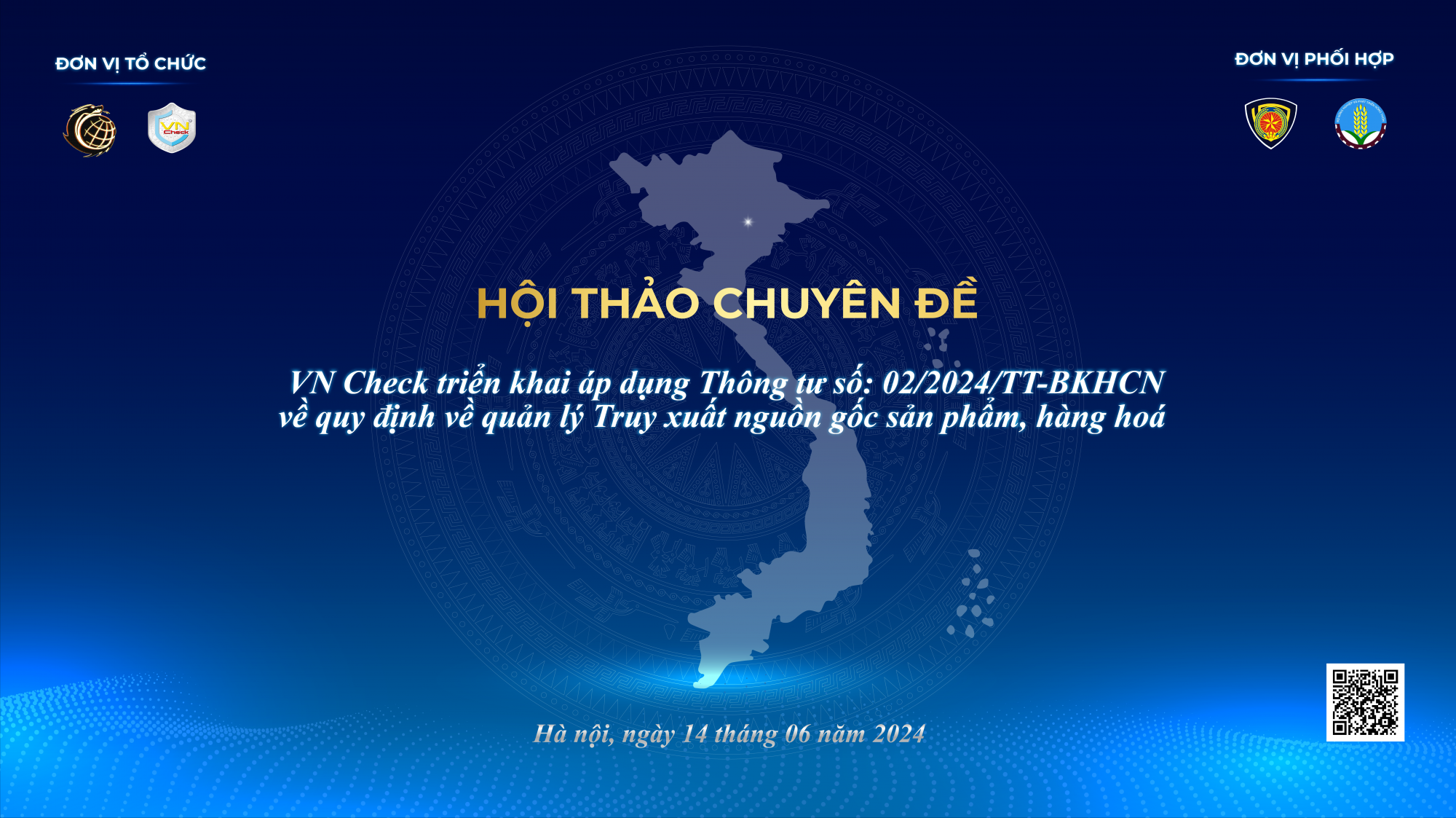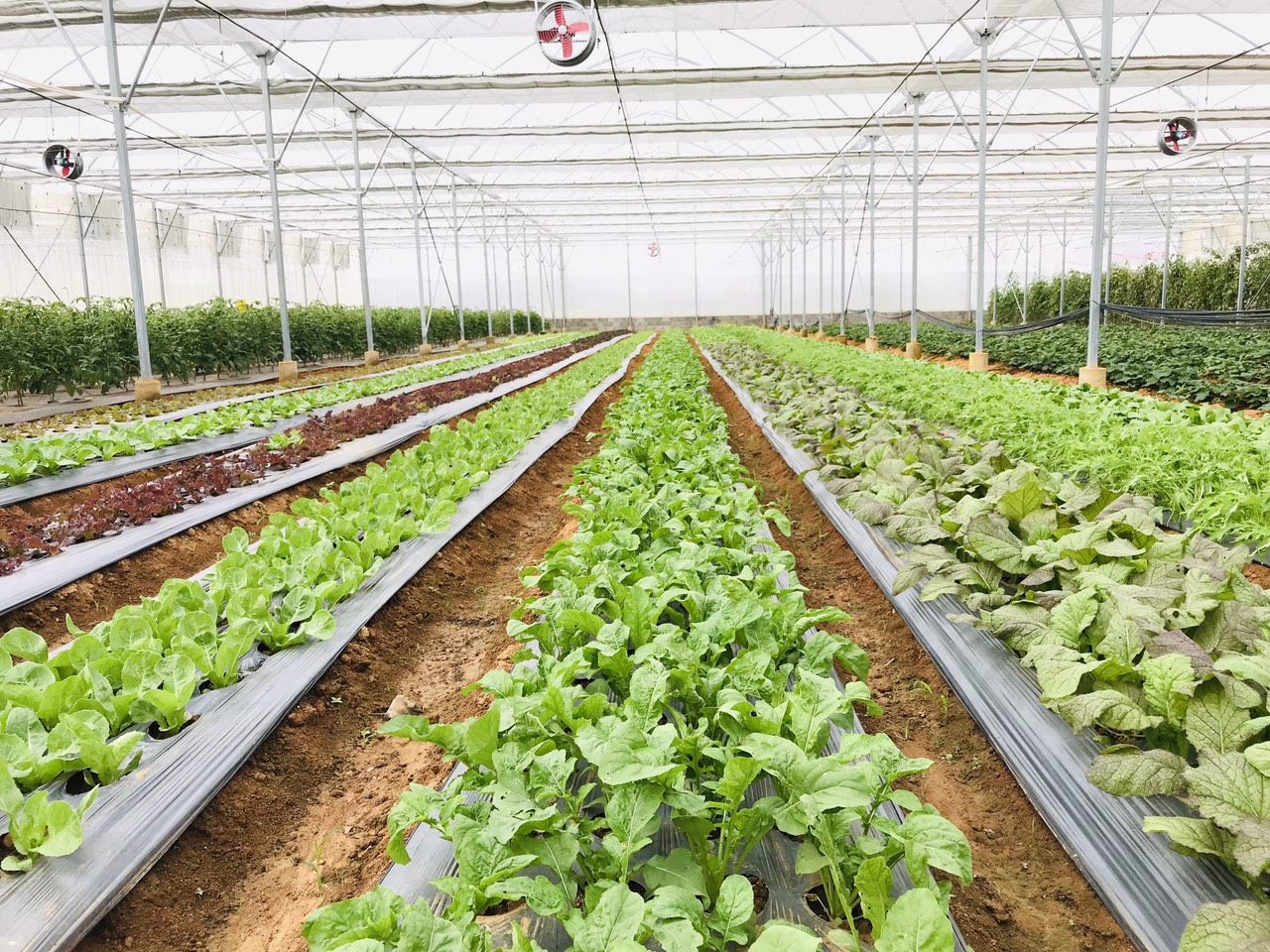Current legal documents on Traceability in Vietnam
On June 30, 2019, Vietnam and the EU officially signed EVFTA and IPA. On January 21, 2020, the European Union International Trade Commission approved a recommendation to ratify the EVFTA. Standing great opportunities for the government to open up, the legal corridor also requires opening up for import-export businesses in this market of more than 500 million people (27 countries).
Ending the negotiations in the context that the bilateral relationship between Vietnam and the EU is growing well, especially in the field of economy and trade. The EU is currently one of Vietnam's leading trading partners with two-way turnover in 2019 reaching 56.45 billion USD, of which exports reached 41.5 billion USD, imports from the EU reached 14.9 billion USD. The EVFTA is a comprehensive, high-quality agreement that ensures a balance of benefits for both Vietnam and the EU, which also takes into account the difference in development levels between the two sides.

One of the important conditions for unifying the export of goods through the EU is traceability, which has been being paid great attention by the government and ministries. Specifically, the Government has issued Decision No. 100/QD-TTg, approving the Scheme implementation, application and management of the traceability system (TXNG). In this document, the Government has set five specific goals:
1 - Complete the system of legal documents and guiding documents on product and goods traceability.
2 - Build a unified system of green growth throughout the country with a pilot application of a number of models at the request of relevant ministries and agencies.
3 - Research and apply new technologies to improve the efficiency of TXNG, namely IoT, Big Data, AI and Blockchain.
4 - Promote international cooperation in the field of green building with inheritance and mutual recognition of the green building system.
5 - Setup, build and operate the National Product and Goods Exchange Portal.
To concretize this issue, the Ministries have issued specific guiding documents:
The Ministry of Agriculture has issued Circular No. 74 /2011/TT-BNNPTNT dated October 31, 2011 stipulating the traceability, recall and handling of unsafe agro-forestry products; responsibilities of organizations and individuals involved in the production and trading of agro-forestry products and related agencies.
On August 30, 2019, the Ministry of Health issued Circular No. 25/2019/TT-BYT regulating the traceability of food in the field of the Ministry's management. The circular laid out 3 principles and 6 requirements for Traceability systems.
The Ministry of Science and Technology has issued Decision No. 2979 dated October 14, 2019 on promulgating the implementation plan of the project "Implementation, application and management of the national green-timber system". Assign the National Barcode Center (NBC) to complete and operate the National Product and Goods Traceability Portal in the fourth quarter of 2020 (but has not been put into use so far).
On July 28, 2020, the Ministry of Industry and Trade issued a Plan to implement the "Project on implementing, applying and managing the product traceability system for the period to 2025 and orientation to 2030" with two The main objectives are: (1) Determining the assignment and organizing the timely, unified, scientific and effective implementation of the tasks of the Ministry and (2) Building and putting into operation the system of green construction, grassroots data on products and goods under the management of the Ministry.
In addition, a number of related ministries and branches have also taken action on this issue. A number of private entities have been involved in the implementation of Traceability technologies with the goal of connecting to the National Traceability Portal to ensure traceability, complete information retrieval and compliance international practice.
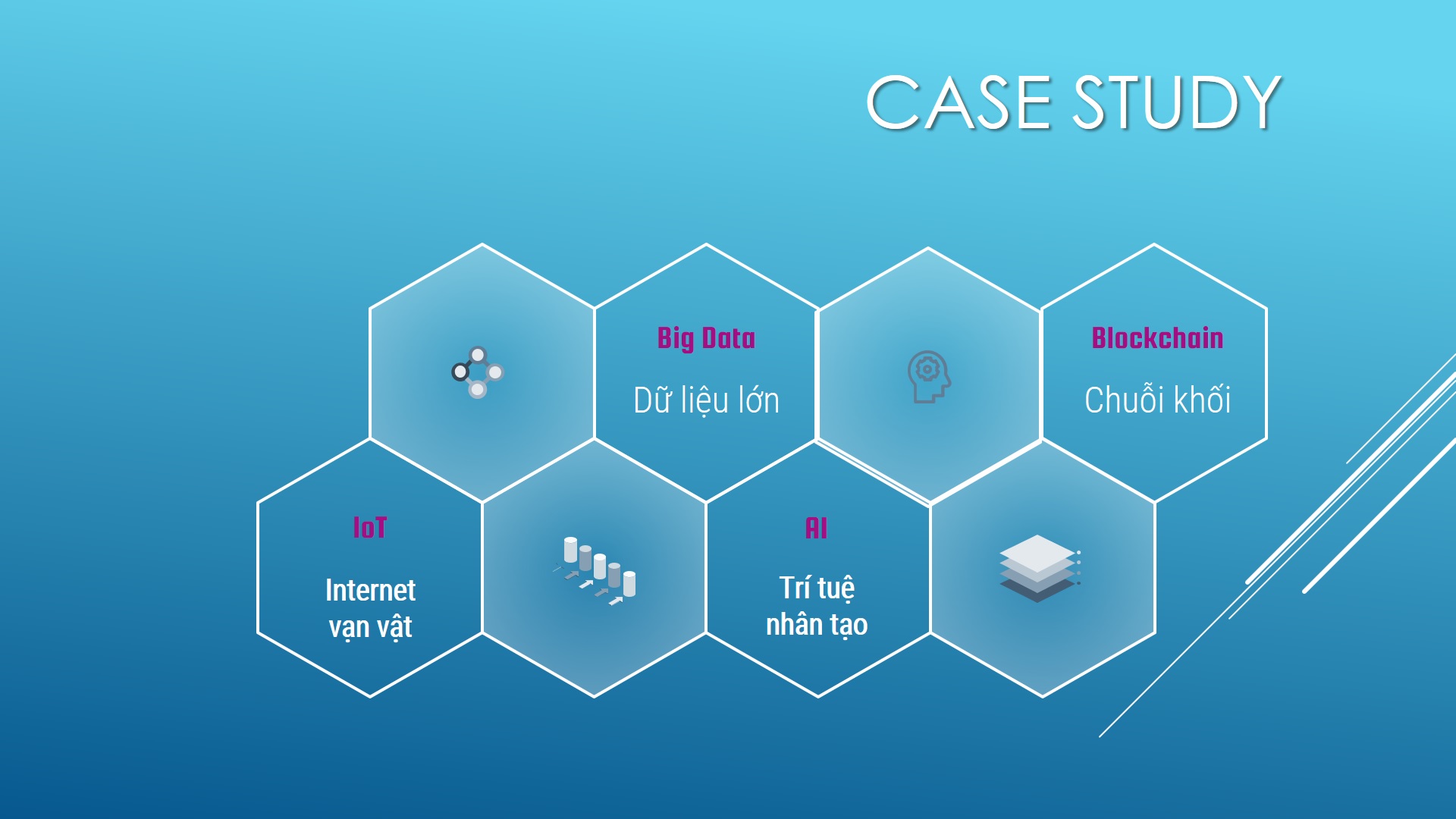
After researching, VN Check found that Traceability is a mandatory requirement for entering the international market, ensuring food safety and hygiene and health issues for people. We have tried to give consumers as much information as possible to serve the two basic requirements of Traceability:
- Ensure data transparency with new technology (IoT, Big Data, AI and Blockchain) for Traceability
- Ensure accurate data traceability in real time of the system, but still ensure the scientific element, suitable to the ability of every customer, every production facility when participating in Traceability.
Currently, VN Check has launched a test version 2.0 for Farm Organics and version 2.2 for VietGAP, which can be traced automatically at the request of the manufacturer. With each different standard requirement, VN Check will offer solutions suitable for the system that the business is operating (including manual). We look forward to receiving support from ministries, branches and localities to bring Vietnamese products out of borders and confidently compete with other countries in the world.
Quang Thịnh
CEO & Founder

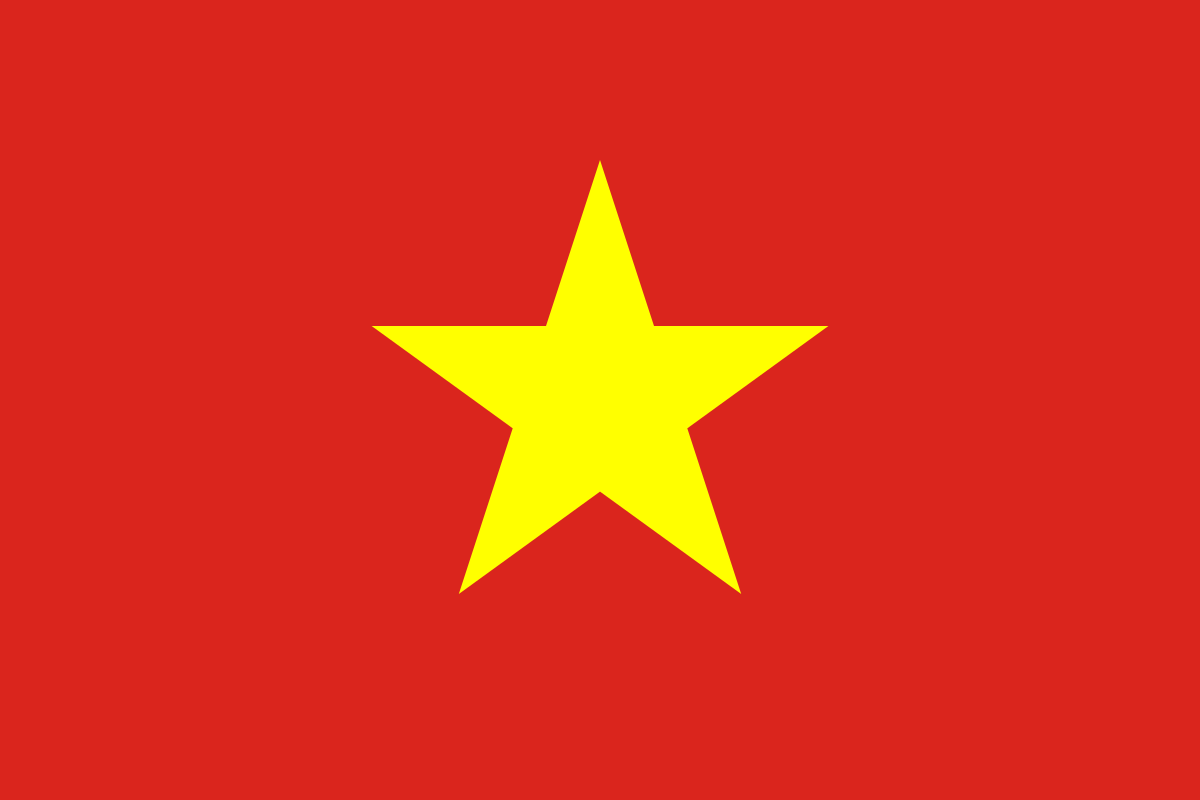

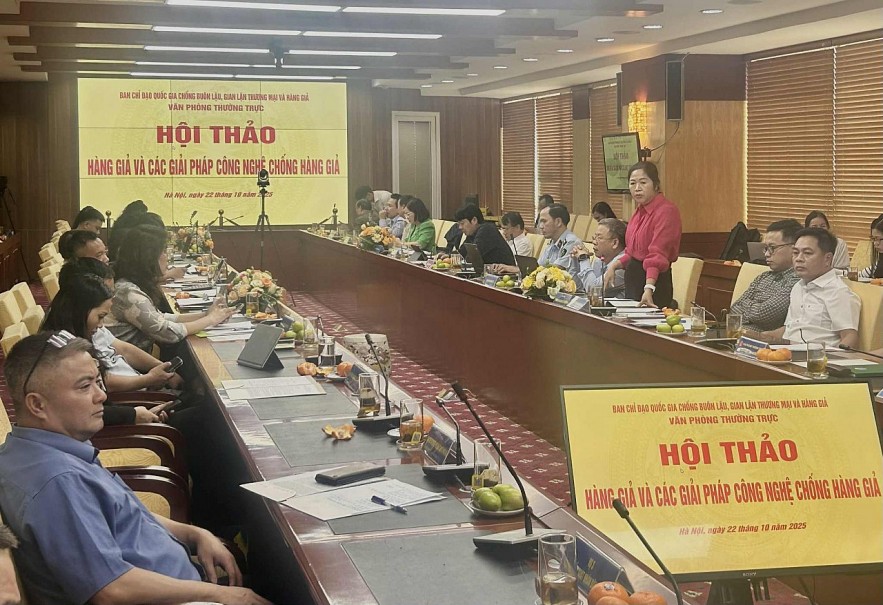
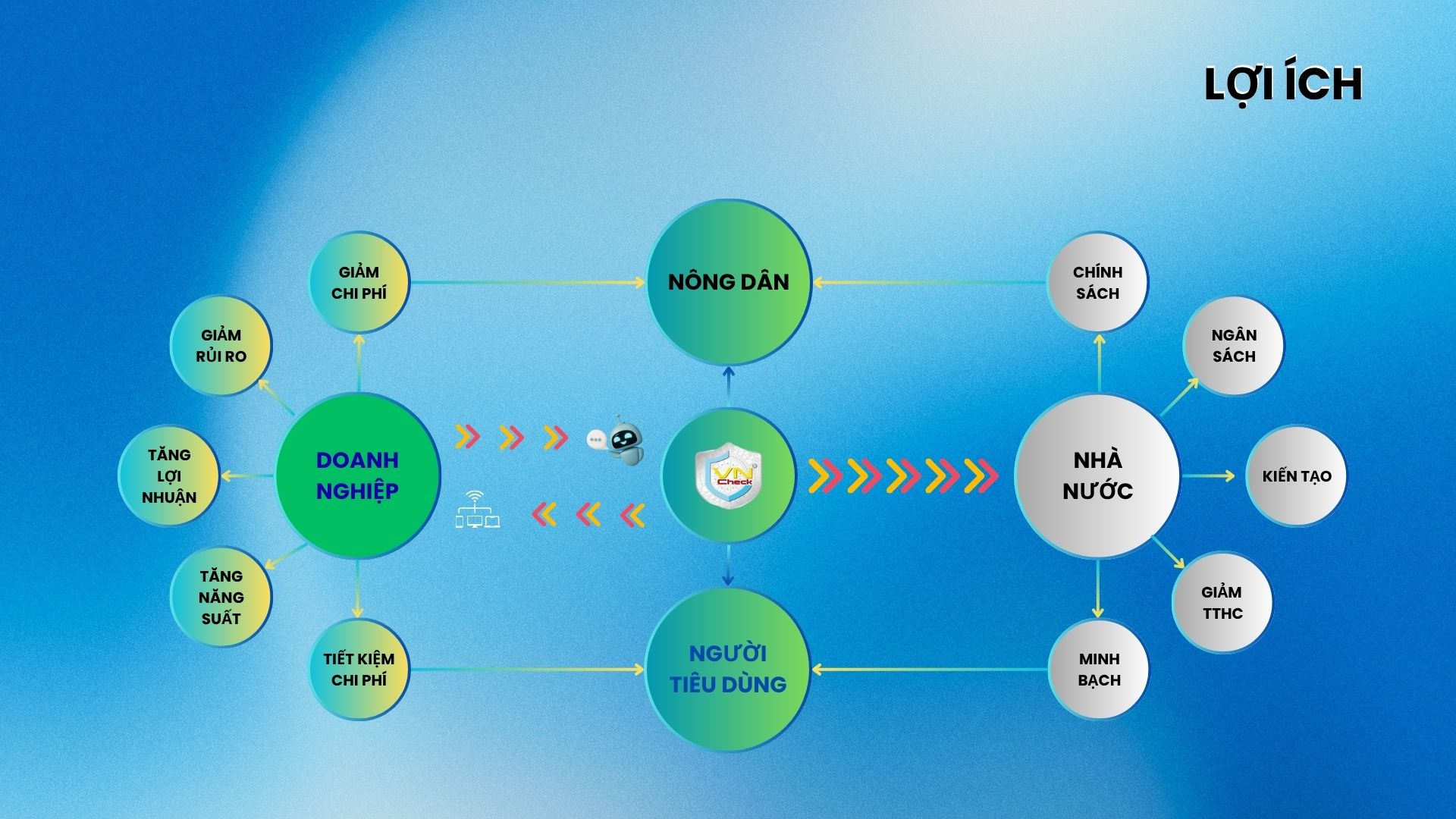
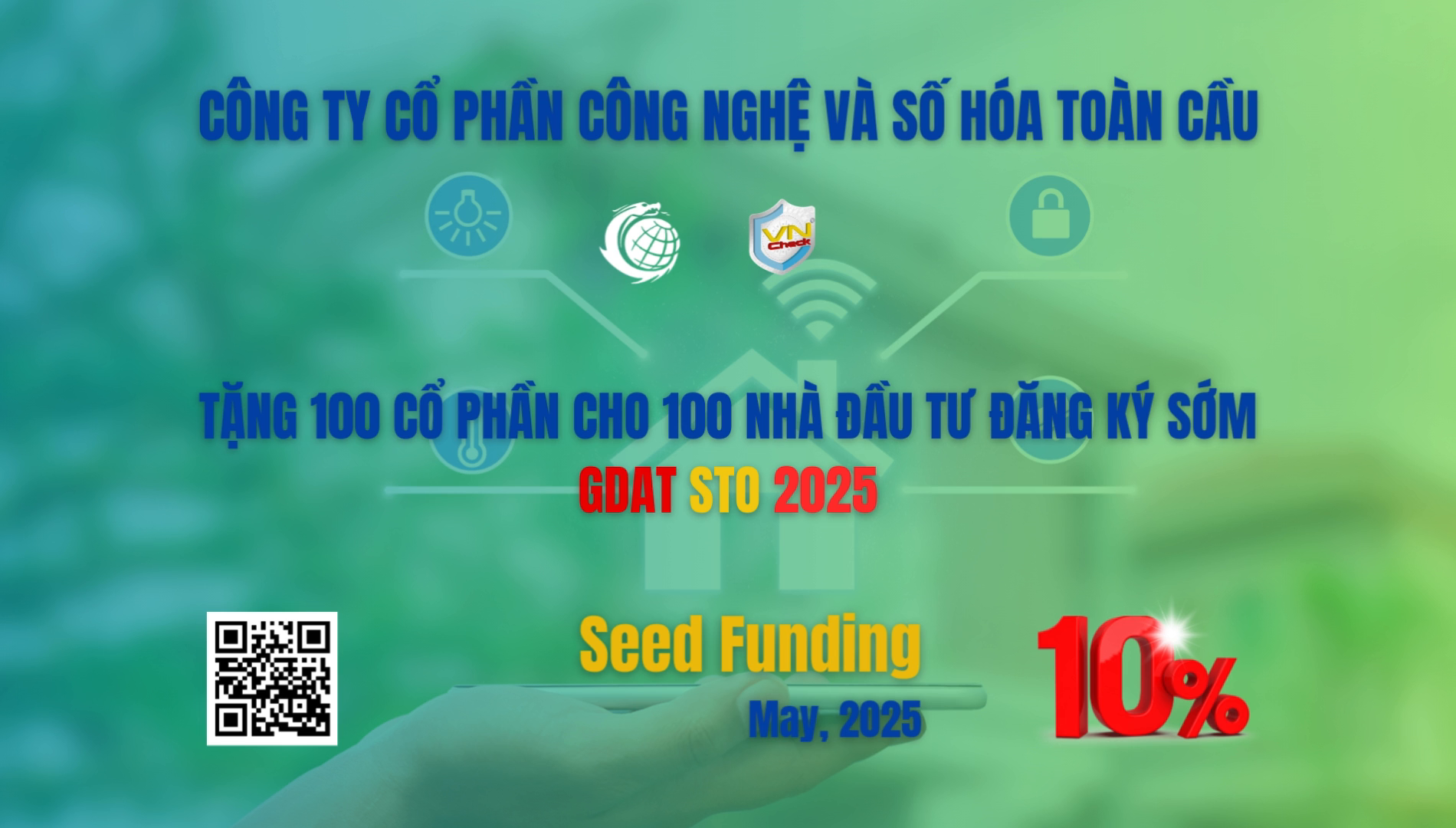
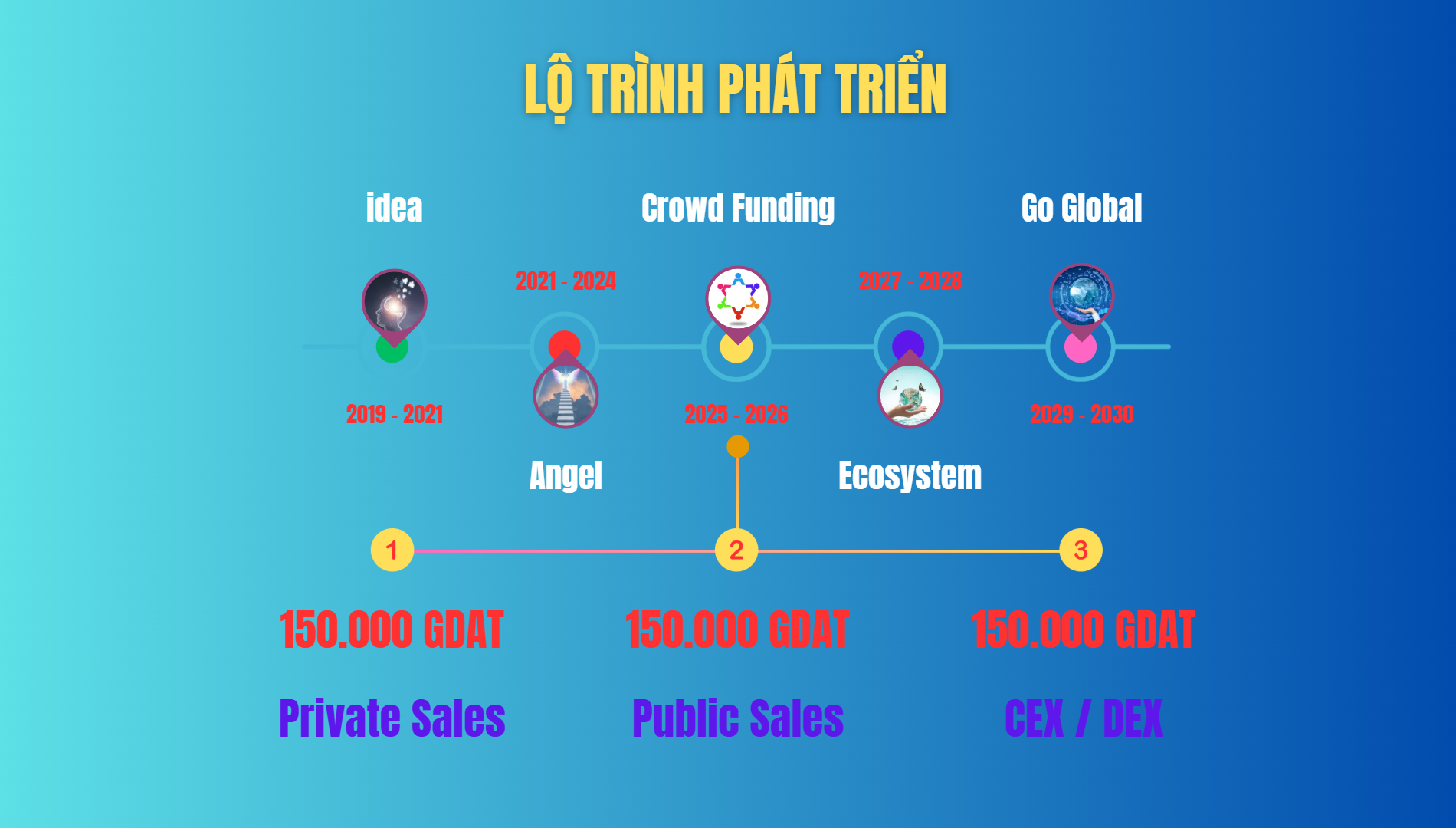
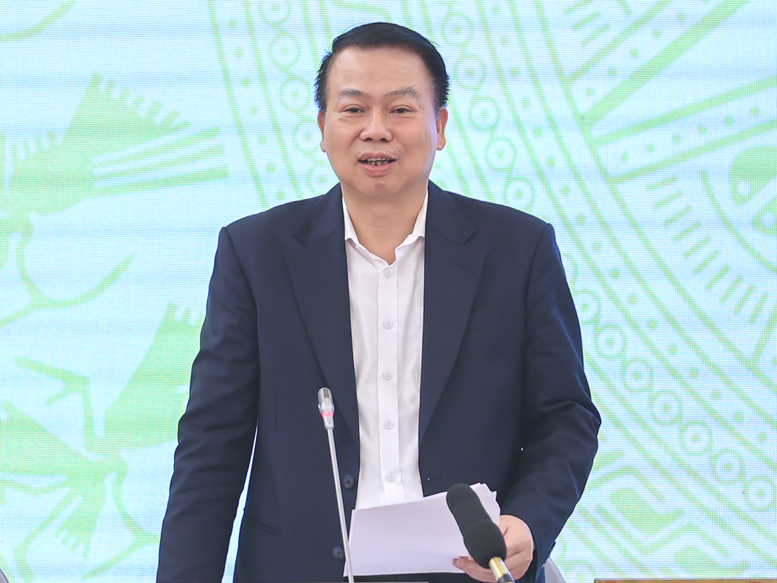
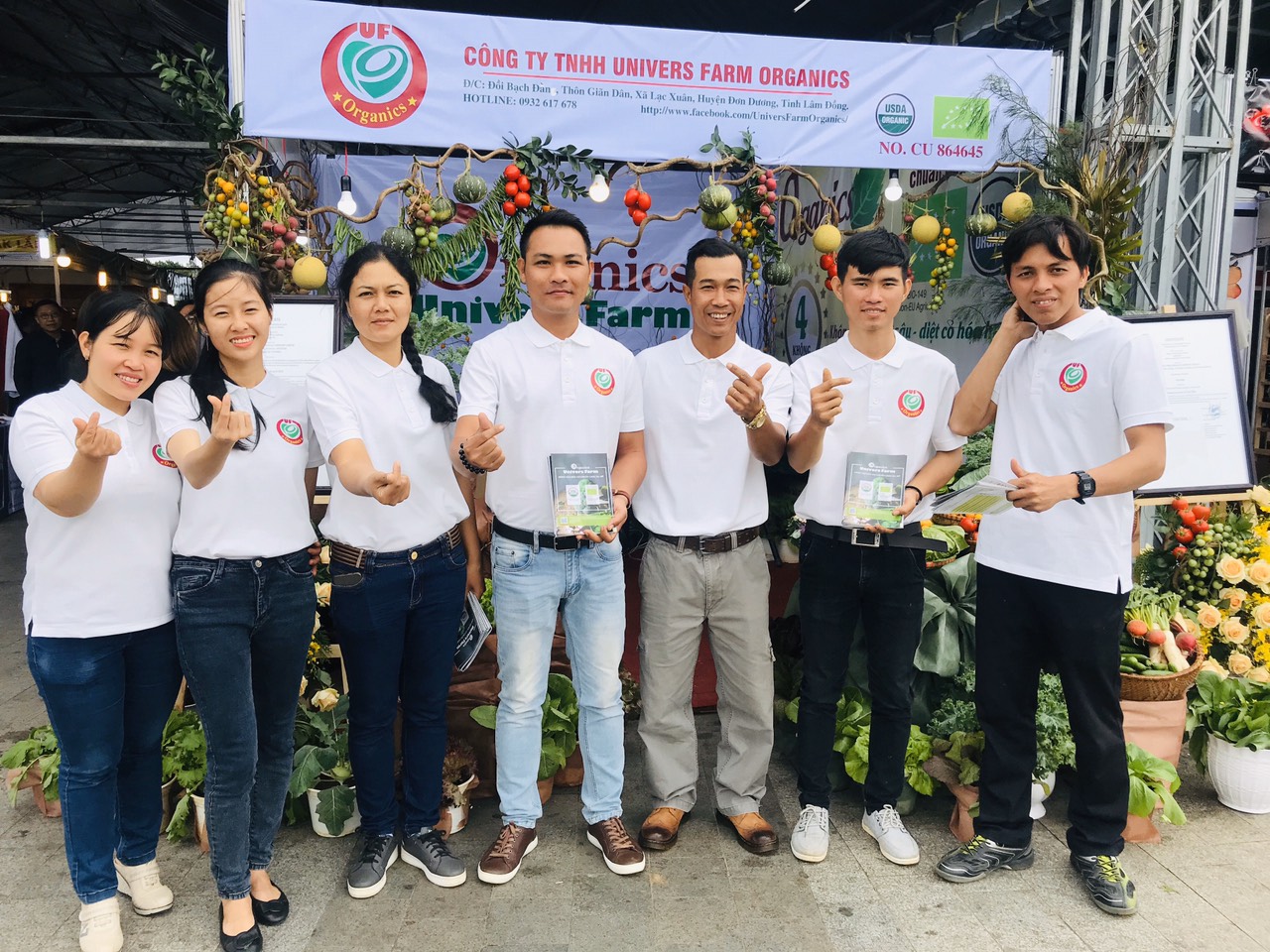
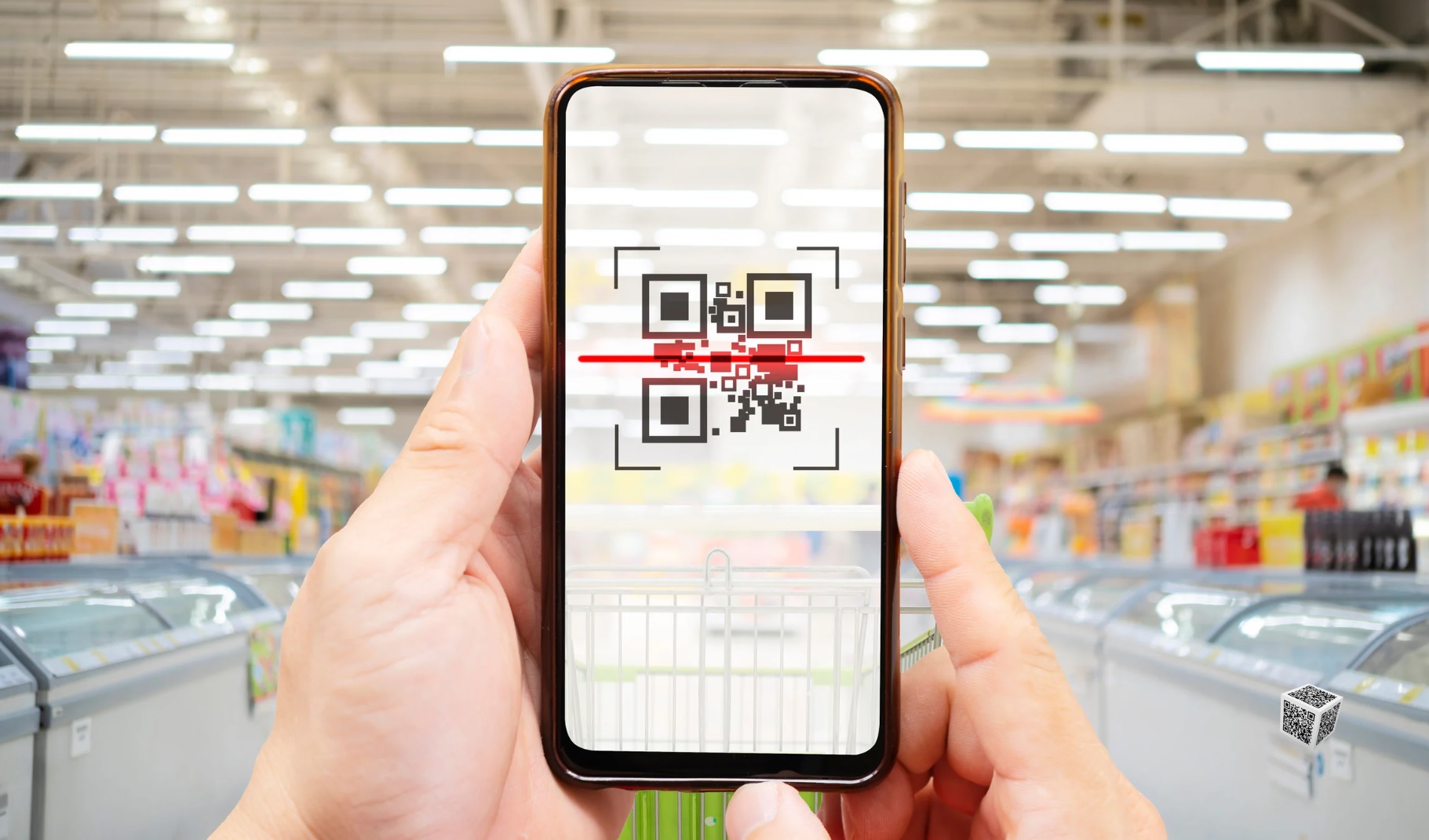
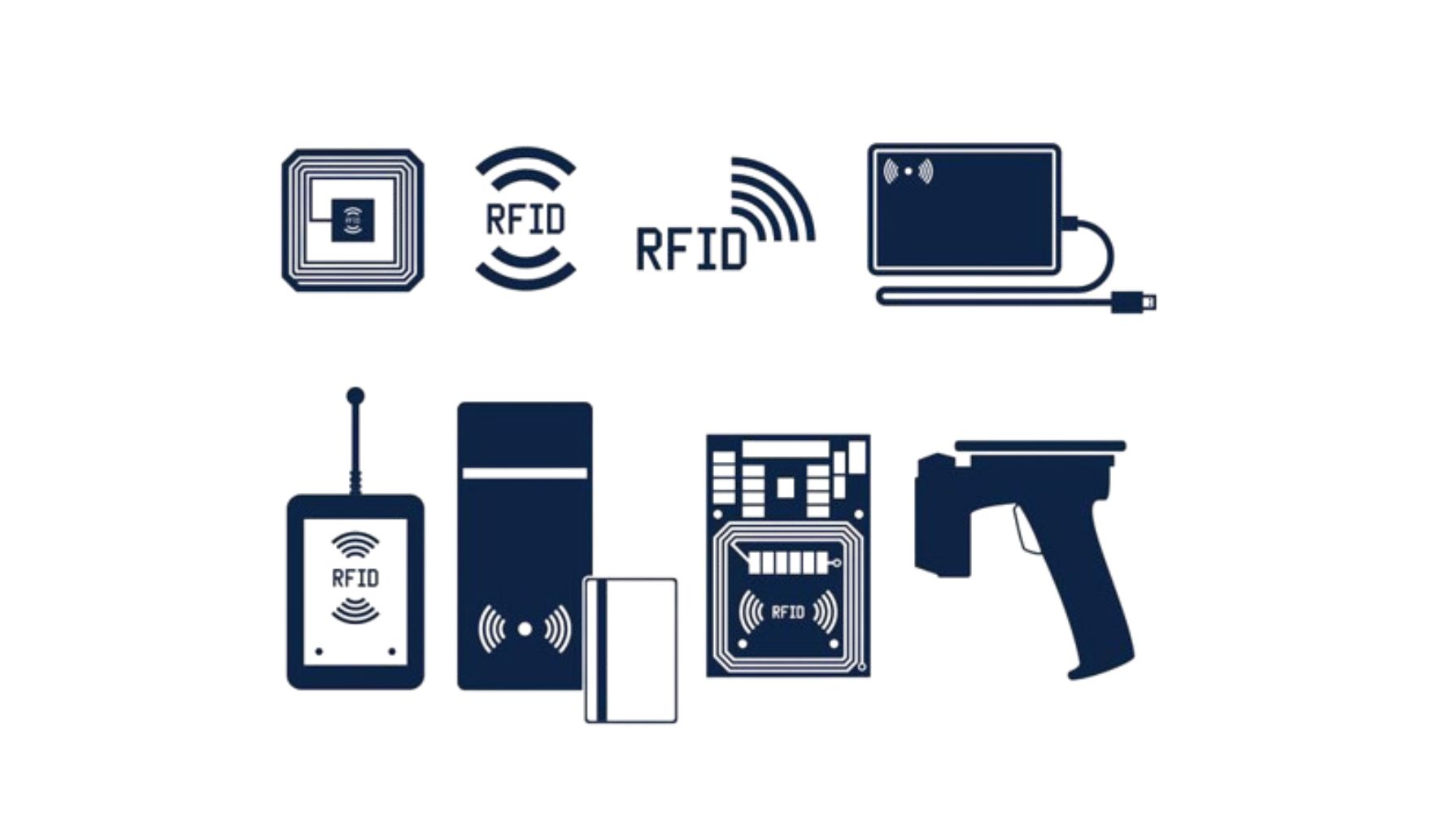
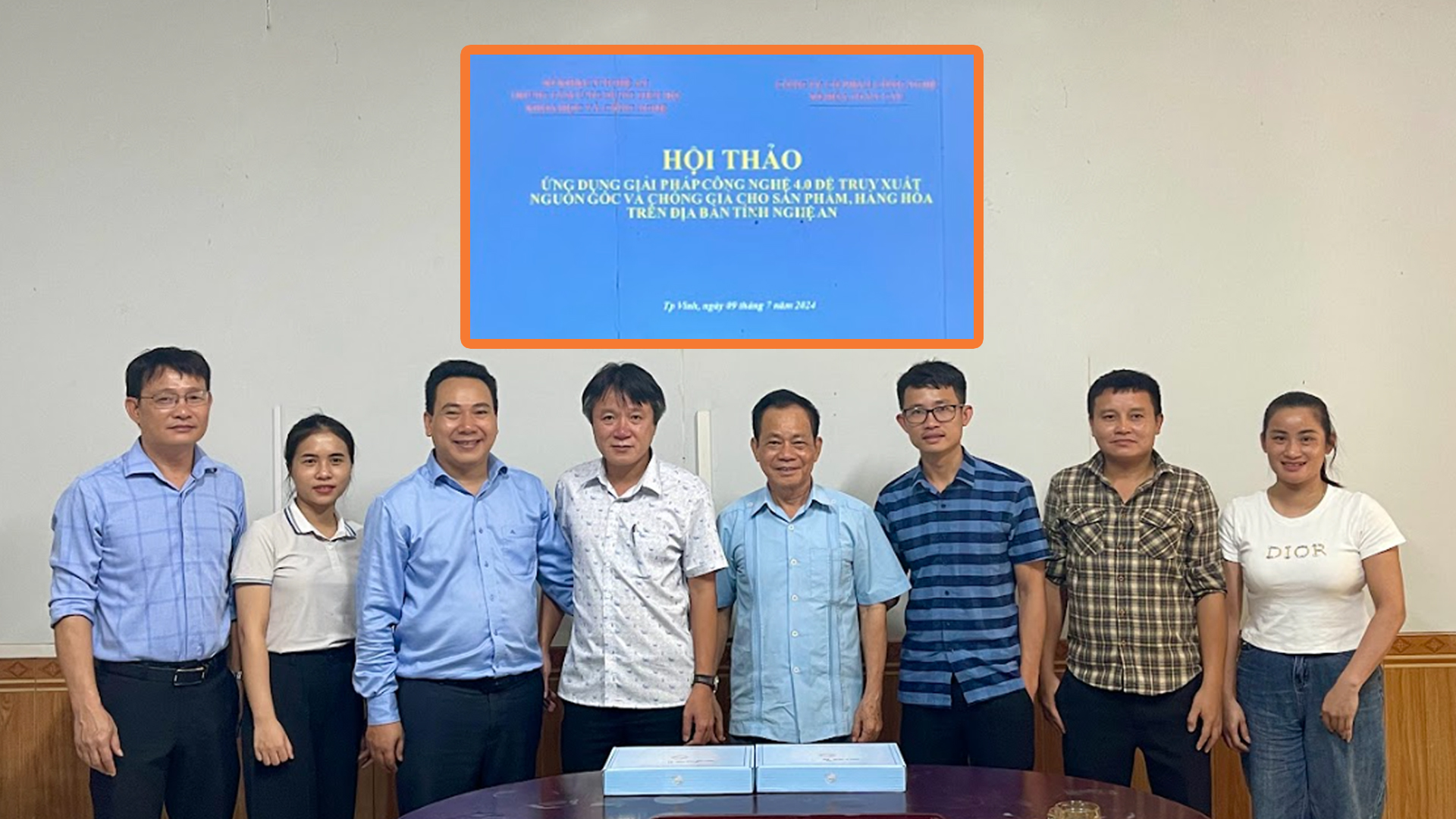
.jpg)
